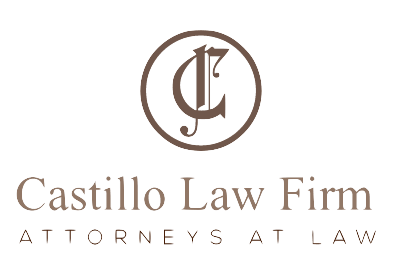Chapter 13 Bankruptcy
Chapter 13 (Repayment Plan)
Also known as “Wage Earner Plan”
Unlike a Chapter 7 Bankruptcy that can liquidate nonexempt property and discharge any remaining debt, a Chapter 13 Bankruptcy, or Wage Earner’s Plan, permits you to keep most or all of your property and consolidates a portion of your debts, if you agree to on a repayment plan for your creditors over the course of three to five years. We can help you decide if a Chapter 13 Bankruptcy is right for you.
If you have make too much income to qualify for a Chapter 7, a Chapter 13 bankruptcy may provide a way to pay off a percentage of your overall debt over a predetermined period of three to five years, after which the remaining debt may be discharged. In a Chapter 13 bankruptcy your debts are consolidated into a manageable repayment plan, paid over the designated period of time, all the while you remain under the protection of the Court as it stays any action against you from creditors included in the plan.
By completing the payment plan as agreed, you are allowed to maintain your real and personal property because your debt was not discharged, but restructured into a new payment plan that was ultimately satisfied.

Debt Ceiling Restrictions
There are few eligibility restrictions that may prevent a Chapter 13 filing. Contact our office for the most up to date information on those debt ceilings.
Stop Foreclosure
Chapter 13 Bankruptcy can stop foreclosure and allow a homeowner to get caught up on past due mortgage payments.
Strip the Second (Third Mortgage)
Only in Chapter 13 you might be able to strip your 2nd and/or 3rd mortgage. If your home is underwater and the amount of your first mortgage is greater than your home’s value, it is then possible we will be able to assist you to “avoid” or “strip” the second mortgage.
Cram Down Car Payment
Only in Chapter 13 it is possible to reduce the interest rate and even the principal on your auto loan, via a “cram down”. There are specific requirements, so be sure to ask us if your vehicle qualifies for a “cram down.”
Reduce Credit Card Debt, Medical Bills and Other Debts
If you do not qualify for a Chapter 7 because your income is too high, then a Chapter 13 might be a solution for you. Even though Chapter 13 does not wipe out the unsecured debt completely, it can reduce the amount of debt you will be paying back substantially. For instance, depending on your disposable income (after expenses), the amount of unsecured debt you pay back could be as low as zero (0 %), or up to 100%, or somewhere in between.
Keep Assets that Cannot Be Exempt
Unlike in Chapter 7 even if you have an asset such as a vehicle, or a bank account that cannot be exempt (protected under California exemptions) you can keep the asset in the Chapter 13 by paying back the current market value of the asset to the creditors over three (3) or five (5) years.
Call Today To Learn More
Each case is unique, so in order to provide you with the best information relevant to your case, contact us to meet with our attorney for a free consultation.
